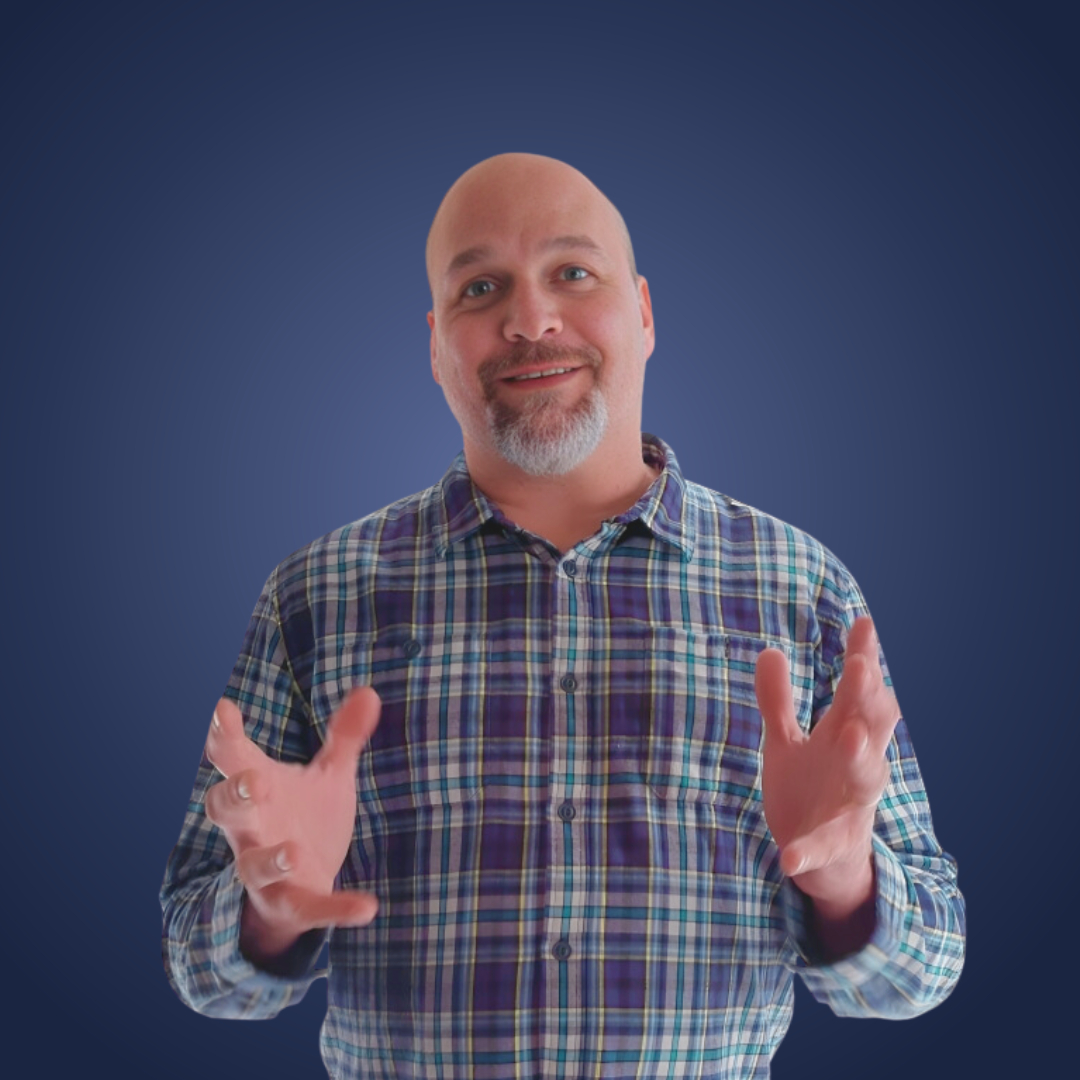538 reads
How to build a profitable business using natural justified growth
by
September 2nd, 2022
Audio Presented by

I empower DTC brand owners to navigate their business with clarity by advising them on powerful systems. #fckstrategy
About Author
I empower DTC brand owners to navigate their business with clarity by advising them on powerful systems. #fckstrategy
